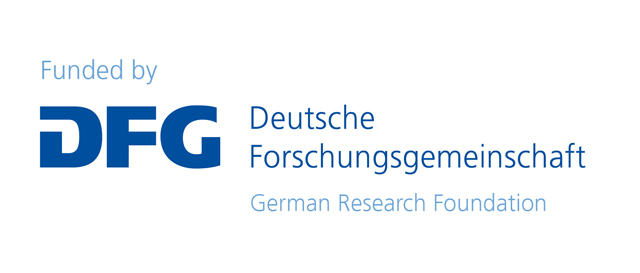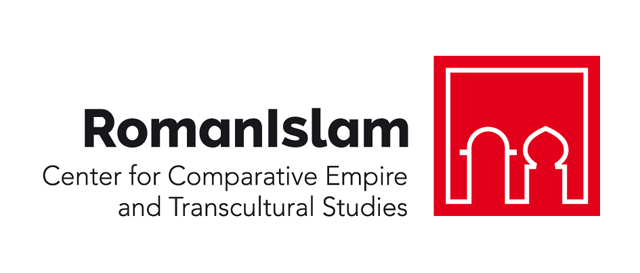A Family of Empires of Salvation Religions - The First 300 Years
RomanIslam Center (Early Islam) - Universität Hamburg
Organizers: Stefan Heidemann & Kurt Franz & Katharina Mewes (RomanIslam Center)
Peter Bang (University of Copenhagen)
Stefan Rinke (Free University Berlin)
The world of nation-states and secular salvation ideologies (Communism, Socialism, National Socialism, Fascism, etc.) is being shattered by imperial powers, states and proto-states, all of which refer to salvation religions, Evangelical America, Orthodox Russia, Orthodox Israel, and the Islamic State. The assurance of political religion contributes to current wars, global migration, and the creation of new societies in the West, including the Islamic world.
The transcultural dynamic of empires with salvation religions of Middle Eastern origin is not yet well understood and is often taken for granted: The Roman, Islamic, and Spanish empires all seem paradigmatic for our understanding of empire. Subsequent empires and political regimes all drew, in one way or another, on the common heritage of the Roman, Islamic, and Hispanic cultures. They all brought with them a dominant imperial language and a dominant, if not exclusive, salvation religion. These set them apart from other imperial traditions in Asia and Africa. More strikingly, they led to a complete transformation of their colonial subjects, who had other religions and languages to begin with. The new religion and language became an inseparable part of identity: Spanish and Catholicism in the Americas, Romance languages and Roman Christianity in Western Europe and the Mediterranean, Arabic language and Islam in most of the Middle East and North Africa. In pursuing these comparative questions, we must include the roots: the Sasanian Empire with Zoroastrianism and Persian, and even the Assyrian Empire in some regards. There are obvious differences between the three paradigmatic empires. The Roman Empire was invigorated by Christianity, Islam rose with the Empire, while in the Spanish Empire, Catholicism was an established religion in the "Old World" at the time of the conquest. One empire was maritime, the other was primarily land based, and the third was oceanic.
Comparing them allows for a better understanding of the elements of their transformative power. The workshop will compare approximately the first 300 years of each empire, when they functioned as an almost unified imperial body, before entering a state of "umbrella empire" or their complete dissolution, as in the case of the Americas.
Amongst the speaker: Jane Burbank (New York University) and Prof. Dr. Garth Fowden (University of Cambridge).
[ Abstract Booklet ]
[ Flyer ]































